V.A. – PaleoCon 2014
 Salepage : V.A. – PaleoCon 2014
Salepage : V.A. – PaleoCon 2014
Arichive : V.A. – PaleoCon 2014
Jump to navigationJump to search
| This article is part of a series on |
| Conservatism in the United States |
|---|
Paleoconservatism is a political philosophy and variety of conservatism in the United States stressing Christian ethics, nationalism, paternalism, regionalism and traditionalist conservatism. Paleoconservatism’s concerns overlap with those of the Old Right that opposed the New Deal in the 1930s and 1940s[1] as well as with paleolibertarianism[2][3] and right-wing populism.[4]
The terms neoconservative and paleoconservative were coined following the outbreak of the Vietnam War and a divide in American conservatism between the interventionists and the isolationists. Those in favor of the Vietnam War then became known as the neoconservatives (interventionists) as they marked a decisive split from the nationalist-isolationism that the traditionalist conservatives (isolationists) had subscribed to up until this point.[5][6][7]
According to the international relations scholar Michael Foley, “paleoconservatives press for restrictions on immigration, a rollback of multicultural programs and large-scale demographic change, the decentralization of federal policy, the restoration of controls upon free trade, a greater emphasis upon economic nationalism and non-interventionism in the conduct of American foreign policy”.[8] Historian George Hawley states that although influenced by paleoconservatism, Donald Trump is not a paleoconservative, but rather a right-wing nationalist and populist.[9] Hawley also states that paleoconservatism is today an exhausted force in American politics,[10] but that for a time it represented the most serious right-wing threat to the mainstream conservative movement.

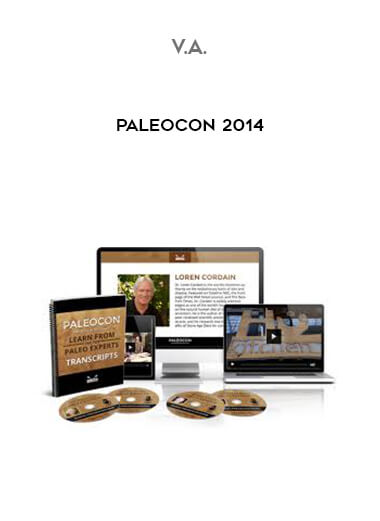







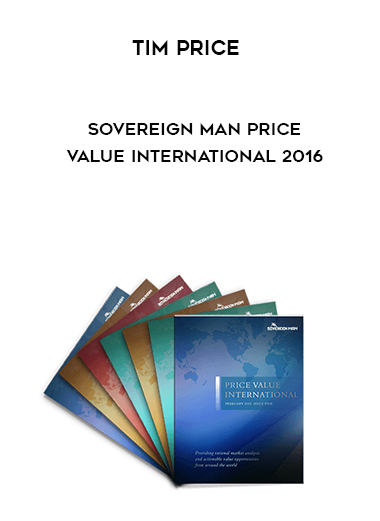
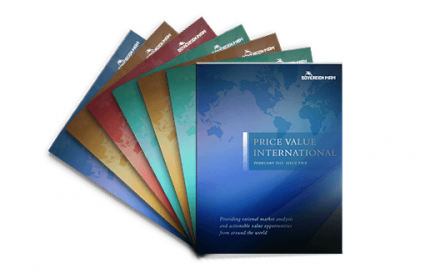


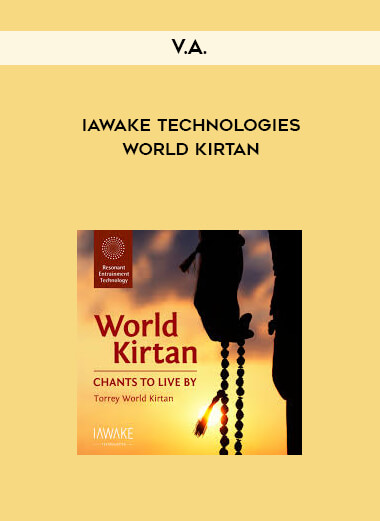

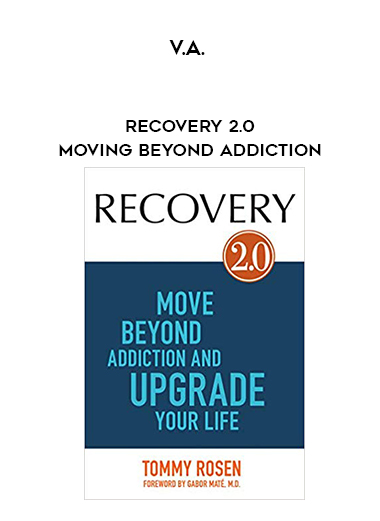
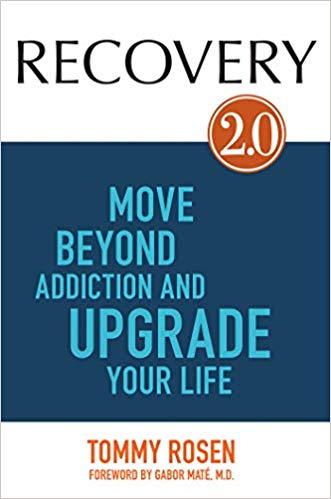
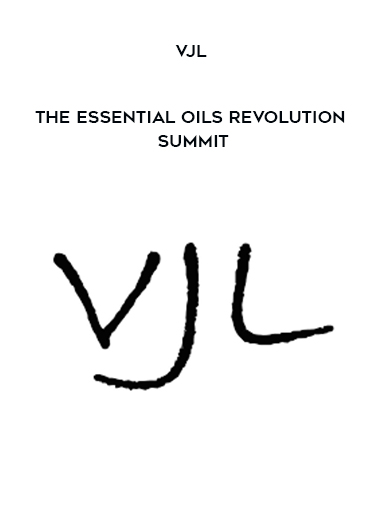
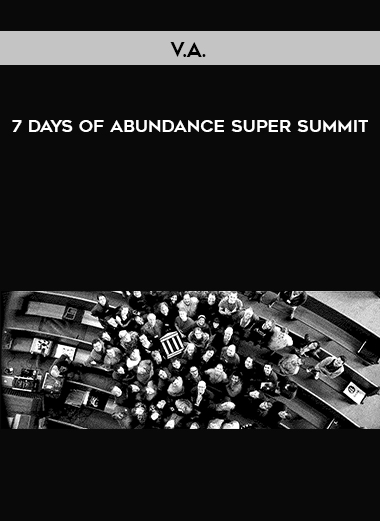











Reviews
There are no reviews yet.